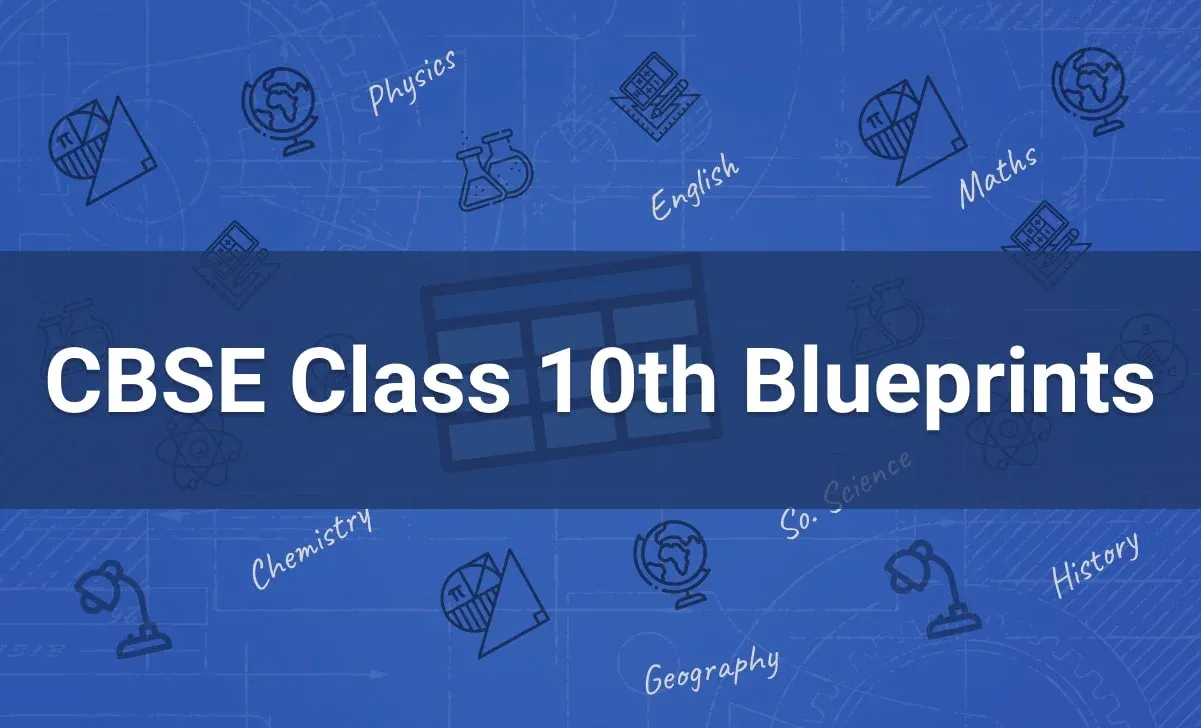CBSE 2025 : The Central Board of Secondary Education (CBSE) has designed the Class 10 Social Science syllabus for 2025 to encompass a comprehensive framework that aids in the holistic development of students’ understanding of social studies. This curriculum is crucial as it not only aims to enrich students with essential knowledge of history, geography, political science, and economics but also seeks to promote critical thinking and analytical skills. The varied themes explored under this syllabus are pivotal in shaping an informed citizenry capable of engaging with societal issues effectively.
An integral aspect of the CBSE Class 10 Social Science syllabus is its emphasis on chapter-wise weightage, which serves as a guide to both students and educators. Understanding the weightage associated with each chapter allows students to prioritize their study efforts, thereby optimizing their preparation for examinations. The blueprint acts as a roadmap, detailing the marks allocation for different chapters, which helps in strategizing revision plans. By familiarizing themselves with this breakdown, students can identify their strengths and weaknesses in the subject matter.
The overarching objectives of the CBSE curriculum in social science are to cultivate a critical understanding of various social phenomena and to inspire students to develop a sense of empathy and responsibility towards their communities. Furthermore, the syllabus encourages engagement with real-world issues, promoting an understanding of the interconnectedness of local and global contexts. The chapter-wise weightage highlights the integral concepts that must be grasped, ensuring students are well-prepared not only for exams but also for their roles as informed citizens in a rapidly evolving world.
Detailed Chapter-wise Weightage Distribution
The CBSE Class 10 Social Science syllabus encompasses various chapters, each contributing uniquely to the overall assessment. Understanding the chapter-wise weightage is crucial for students aiming to excel in their examinations. Below is a systematic outline of the chapters along with their respective marks allocation, demonstrating their significance in the context of the final score.
1. History: This section is integral to the syllabus and typically includes chapters covering significant historical events and themes. The first chapter on the rise of nationalism usually holds a weightage of 5 marks, while other chapters may contribute between 4 to 6 marks each, depending on the complexity and the number of subtopics discussed.
2. Geography: This segment often focuses on physical and human geography. It generally commands an average weightage of 5 marks for chapters dealing with practical applications in real-world contexts such as urban development and natural resources. The emphasis on map-based questions also influences their marks allocation, which can range from 3 to 5 marks per chapter.
3. Civics: The Civics portion usually covers important topics related to democratic governance and social justice. Typically, each chapter is allocated around 4 to 6 marks, fostering critical thinking about citizenship and civic responsibilities.
4. Economics: This chapter addresses concepts related to the economy, including topics such as poverty and employment. Each chapter generally has a weightage of 4 to 5 marks, underlining the importance of economic literacy among students.
In total, the Social Science paper is designed to encompass around 80 marks, with each chapter’s weightage strategically planned to ensure comprehensive coverage of the curriculum. Balancing study time across these chapters, according to their weightage, can significantly enhance students’ performance in the upcoming examinations.
Tips for Effective Preparation Based on Weightage
Preparing for the CBSE Class 10 Social Science examination necessitates a strategic approach, particularly when considering the chapter-wise weightage outlined in the blueprint. To enhance study efficiency, students should begin by analyzing the weightage of each chapter. This understanding allows for prioritization of topics that carry more marks, encouraging a focused study regimen that maximizes their potential in the exams.
One effective technique involves creating a study schedule that allocates appropriate time to each chapter based on its weightage. For instance, chapters with higher weightage should receive more attention and time for thorough review. Students may consider dividing their study sessions into manageable blocks, ensuring regular breaks to enhance retention without causing burnout. Using methods like the Pomodoro technique—where you study for 25 minutes and then take a 5-minute break—can improve concentration and productivity.
In addition to time management, using varied study resources is key to mastering the material. Students should supplement their textbooks with relevant reference books, online tutorials, or educational videos that can clarify complex concepts. Additionally, engaging in group study sessions can provide diverse perspectives and foster a collaborative learning environment, enabling students to tackle core themes together.
Practicing past years’ question papers is another vital strategy. This helps students familiarize themselves with the exam format and identify frequently asked questions, further solidifying their knowledge of key chapters. Mock tests can also simulate the exam environment, helping students manage time effectively during the actual examination.
Ultimately, by prioritizing studies according to chapter weightage and utilizing a combination of effective study techniques, students can optimize their performance in Social Science. This strategic preparation not only builds confidence but also enhances the likelihood of achieving academic success.
The table below showcases the Unit and Chapter-Wise weightage for all topics of CBSE 2025 Class 10 Social Science.
| CBSE 2025 Class 10 Social Science Blue Print | ||
| Unit | Chapter | Weightage |
| Unit- I : India and the Contemporary World – II | The Rise of Nationalism in Europe | 5 |
| Nationalism in India | 5 | |
| The Making of a Global World Subtopics 1 to 1.3 | 3 | |
| Age of Industrialization | 4 | |
| Print Culture and the Modern World | 3 | |
| Total Weightage | 20 | |
| Unit -II : Contemporary India – II | Resources and Development | 1 |
| Forest and Wildlife Resources. | 1 | |
| Water Resources | 5 | |
| Agriculture | 1 | |
| Mineral & Energy Resources. | 3 | |
| Manufacturing Industries | 6 | |
| Lifelines of National Economy | 3 | |
| Total Weightage | 20 | |
| Unit- III: Democratic Policies | Power-sharing | 6 |
| Federalism | 3 | |
| Gender, Religion and Caste. | 3 | |
| Political Parties | 5 | |
| Outcomes of Democracy | 3 | |
| Total Weightage | 20 | |
| Unit – IV: Understanding Economic Development | Development | 2 |
| Sectors of the Indian Economy | 7 | |
| Money and Credit | 6 | |
| Globalization and The Indian Economy Subtopics | 5 | |
| Total Weightage | 20 | |
CBSE 2025 Class 10 Social Science Blue Print | Weightage of Type of Questions
Students preparing for the CBSE 2025 Class 10 Board Exam can check the section-wise weightage of different questions below. The CBSE 2025 Class 10 Social Science Questions paper will include questions from History, Economics, Geography, and Political Science in 5 different sections.
| Section | Total marks | Percentage |
| Section A: MCQs (1 mark) | 20 | 25% |
| Section B: Narrative Questions (2 marks) | 8 | 10% |
| Section C: Narrative Questions (3 marks) | 15 | 18.75% |
| Section D: Case Study Questions (5 marks) | 20 | 25% |
| Section E: Narrative Questions (4 marks) | 12 | 15% |
Section F: Map (5 marks)
|
5 | 6.25% |
| Total | 80 marks | 100% |
By effectively utilizing the CBSE Class 10 Social Science blueprint, students can optimize their preparation, improve their understanding of key concepts, and ultimately achieve better results in the board exams.





